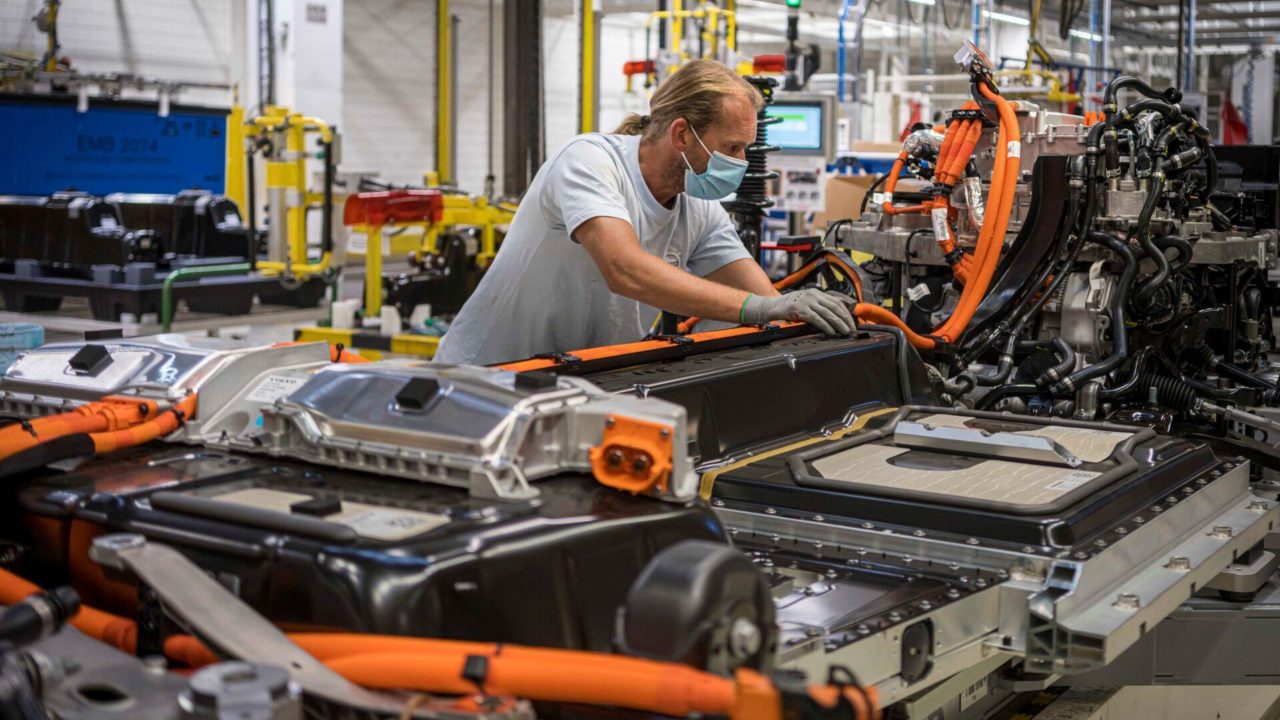SC automaker Volvo, known for safety, putting environment at top of priority list
During its nearly 100-year history, Volvo Cars has built its reputation on safety. The automaker now wants to add another selling point: environmental sustainability.“Moving forward, sustainability becomes as important as safety for Volvo Cars,” David Stenstrom, the company’s vice president for manufacturing in the Americas, said during the S.C. Automotive Summit on May 12 in Greenville. “It’s not only driven by our morale to do the right thing, but our customers are becoming more aware of” the impacts of climate change.
Stenstrom took over in January as manager of Volvo’s campus in Ridgeville, where the S60 sedan is built, following nearly three years at the automaker’s Daqing, China, plant. He arrives at a time when Volvo and other car manufacturers are facing increasing demand hampered by supply chain shortages, particularly of computer chips that help operate functions ranging from power steering and brakes to entertainment systems.
“I think Volvo so far has managed quite okay even though we probably will struggle for the rest of the year” with chip shortages, he said. “But the demand for our product is still very strong.”
Volvo had a nearly triple-digit increase in global sales in April for its biggest monthly tally in history. In the U.S., sales increased 185.5 percent in April due to strong demand for Volvo’s XC60 and XC90 SUVs.
“Within the production side, it’s a good challenge to keep up with the demand from our customers,” Stenstrom said.
Apart from Volvo’s push to have all of its new vehicles run on battery power by 2030, the company is taking several other steps to reduce its carbon footprint, Stenstrom said at the Upstate summit. That includes a switch to 100 percent green power on the manufacturing side by 2025 — a goal Volvo met in Europe four years ago.
The Berkeley County site already has a solar farm producing electricity for some of the manufacturing space. Stenstrom said Volvo will have to extend the array or buy green power from the grid to meet the 100 percent goal. The biggest challenge, he said, will be switching from natural gas energy used in the body shop and to heat the plant. Volvo is looking at several possible solutions, such as using biomass and or green electricity while also reducing consumption.
Another hurdle will be getting all of Volvo’s suppliers to reduce their carbon footprint to zero. The target date for accomplishing that is 2040. That could mean moving more of the automaker’s supply chain to South Carolina and the Charleston region. The Ridgeville plant still has many of its parts imported from Europe and Asia.
“Localizing more is the best and strategically correct way of doing business,” Stenstrom said, adding a supplier’s ability to meet Volvo’s carbon neutral goal “will definitely be a qualifier in our sourcing decisions.”

